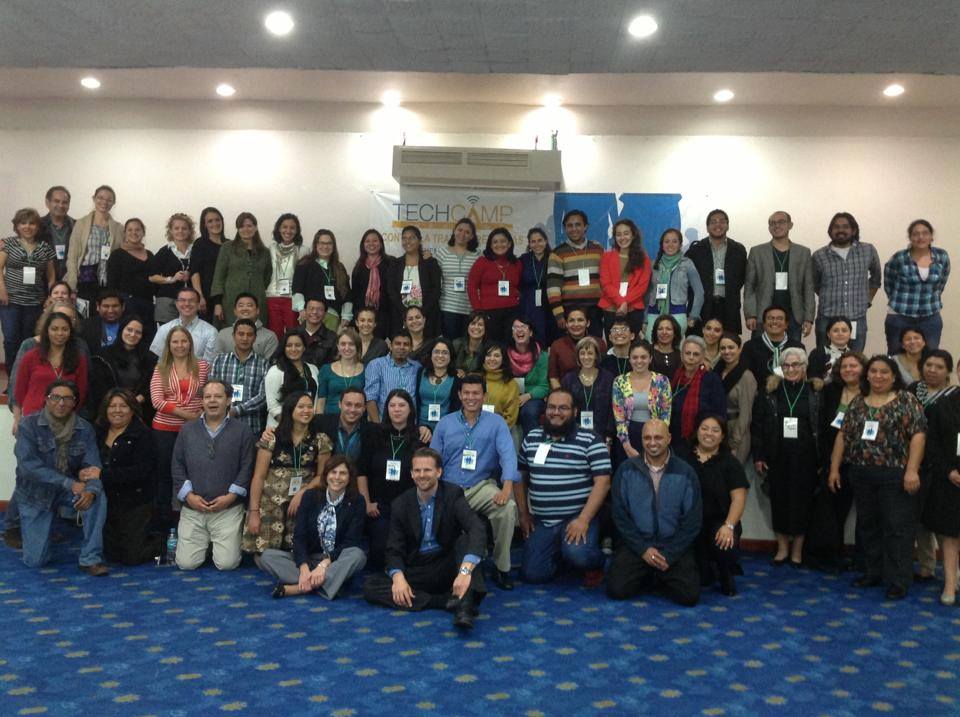Earlier this month, a group of more than 60 participants from across Mexico and the United States convened in Tlaxcala, Mexico for a two-day “TechCamp” to brainstorm innovative solutions to combat human trafficking. The workshop brought together expert technologists and civil society organizations that are working with victims on the ground to design low-cost, easy-to-implement tools to combat trafficking. The TechCamp was led by the U.S. Embassy in Mexico in collaboration with the United Nations Office on Drugs and Crime (UNODC), The White House Office of Science and Technology Policy, and the Office of eDiplomacy at the U.S. State Department.
This anti-trafficking TechCamp is part of a
series of new commitments launched in September by the Administration to continue the fight against human trafficking.
At the kickoff of the workshop, participants convened at the U.S. Embassy in Mexico City where we were joined by National Human Rights Commission President Dr. Raul Plascensia, United Nations Office on Drugs and Crime Regional Advisor Felipe De La Torre, and U.S. Ambassador to Mexico Anthony Wayne.
During the next two-days, participants engaged in interactive training sessions, brainstormed solutions to combat trafficking, and developed projects to assist advocacy organizations and trafficking victims.
Below are some of the project ideas that were developed throughout the TechCamp:
• Utilize “data scraping” tools to survey local areas and populations to understand which are most affected by trafficking;
• Create an online missing persons database, built using public input that can be submitted anonymously to protect participants, and targeted toward Mexican states that have notoriously high numbers of women and girls sold into the sex trade; and
• Create a secure online platform that non-government organizations can use to share best practices and protocols for aiding victims, while ensuring the safety of victims and care providers.
At the conclusion of the TechCamp, the U.S. Embassy in Mexico also committed to invest resources in tools, conferences, and other mechanisms to foster the work that began at the TechCamp.
These tech camps are just one way that the Administration is leveraging technology to turn the tables on traffickers and provide much-needed services to victims and survivors of modern-day slavery. To learn more about what the President and his administration are doing to combat human trafficking, please visit
www.wh.gov/EndTrafficking.
We know there is much work to be done, and we are committed to continuing to bring more groups and individuals into the fight against trafficking so that we can put an end to this injustice both at home and abroad.
TechCamp Mexico was led by the U.S. Embassy in Mexico, in collaboration with UNODC, The White House, and the Office of eDiplomacy at the U.S. State Department.

TechCamp Mexico participants gather for a group photo at the end of the two day session (Photo by U.S. State Department) December 19, 2013.
Vivian Graubard is an Advisor to the U.S. Chief Technology Officer and Pritam Kabe is a Technology Analyst at the Office of eDiplomacy at the U.S. Department of State
